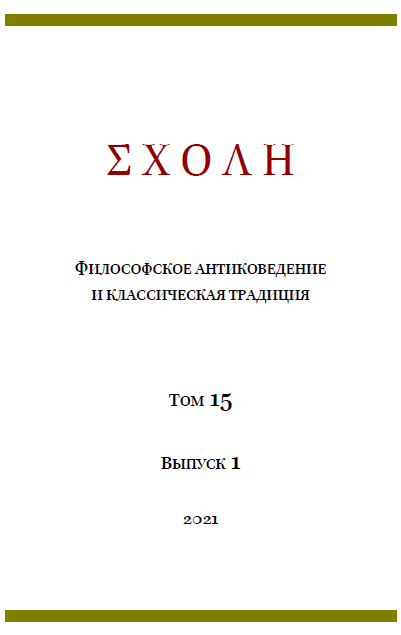ЕДИНОЕ У ЭЛЕЙЦЕВ, ПЛАТОНА И ПЛОТИНА
THE “ONE” OF ELEATICS, PLATO AND PLOTINUS
Author(s): Yaroslav SlininSubject(s): Metaphysics, Ancient Philosphy, Ontology
Published by: Новосибирский государственный университет
Keywords: The One; the Many; Being; Good; Plato; Eleatics; Plotinus;
Summary/Abstract: The article gives a comparative study of the way the category of the one is interpreted by the Eleatic philosophers, Plato and Plotinus. The Eleatics believe that the one is absolute and it does not permit the many of any kind. Plato in the Parmenides proves that if it is the case, then the one cannot have parts and may not be considered as the unity. As for Plotinus, he believes that the one is not an eidos like Plato believes, nor it is an absolute that excludes the many as the Eleatic philosophers claim. He agrees that the one does not exist as it is shown in the Parmenides, but he goes further. He identifies the one with the good of Plato’s Republic. This identification is Plotinus innovation; it allows him to create his doctrine of the One that does not exist in the usual sense of the word, but does exist supernaturally and mystically and gives birth of everything that is. The one of the Eleatic philosophers excludes the many, but the One of Plotinus, on the contrary, gives rise to the many. Virtually the One is the element of the great set, which embraces the One itself, as well as eidoi and objects that are created by the One.
Journal: ΣΧΟΛΗ. Философское антиковедение и классическая традиция
- Issue Year: XV/2021
- Issue No: 1
- Page Range: 161-178
- Page Count: 18
- Language: Russian

